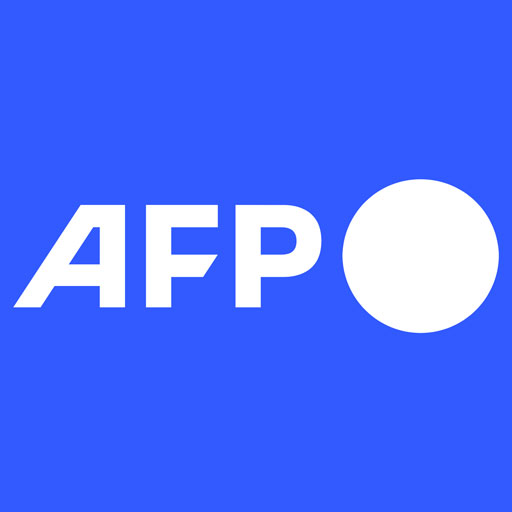(UPDATE) SYDNEY, Australia — Australia's government is deeply concerned by Meta's decision to scrap United States fact-check operations on its Facebook and Instagram platforms, a senior minister said on Thursday.
The government — which has been at the forefront of efforts to rein in social media giants — was worried about a surge of false information spreading online, Treasurer Jim Chalmers said.
Already have an active account? Log in here.
Continue reading with one of these options:
Continue reading with one of these options:
Premium + Digital Edition
Ad-free access
P 80 per month
(billed annually at P 960)
- Unlimited ad-free access to website articles
- Limited offer: Subscribe today and get digital edition access for free (accessible with up to 3 devices)
TRY FREE FOR 14 DAYS
See details
See details
If you have an active account, log in
here
.


